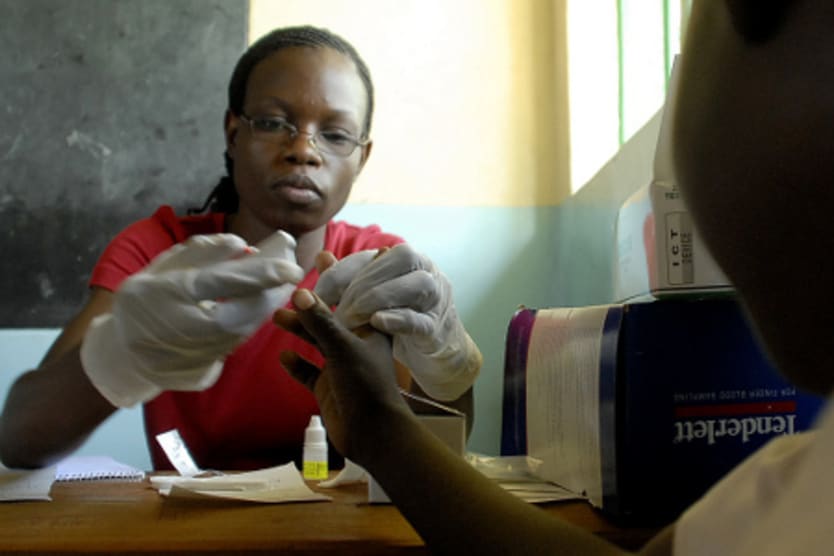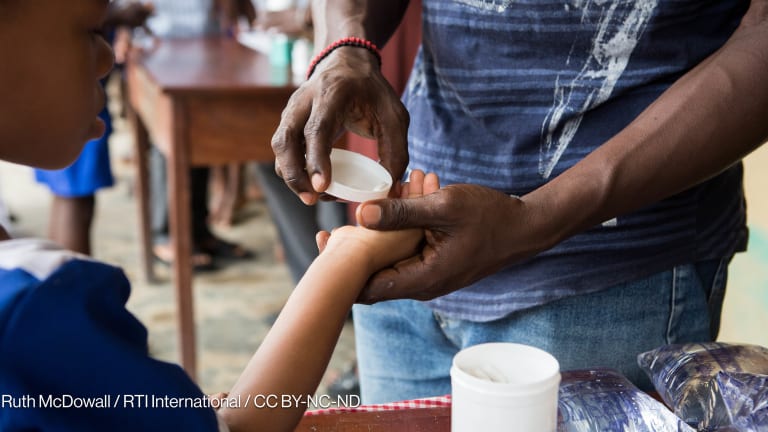
Dengue, leprosy, rabies - these diseases rarely make international headlines. But they, together with 17 other so-called neglected tropical diseases, are nearly four more times widespread than HIV/AIDS, tuberculosis and malaria combined.
Neglected tropical diseases are said to afflict almost a billion people around the globe - or an astounding one-sixth of the world’s population. That’s exactly 364 percent of the combined number of HIV and AIDS, TB and malaria cases, which were estimated at 274 million people in 2009. Yet, less than 1 percent of newly registered drugs are meant to address these tropical diseases.
Why are they being neglected?
“They are not highly visible,” the World Health Organization has said. “They do not cause explosive outbreaks that attract public and media attention. They do not travel internationally. They cause great and permanent misery, but do not kill large numbers of people or affect wealthy nations.”
Neglected tropical diseases largely prey on people who reside in remote rural areas and sprawling shantytowns, which typically lack safe drinking water and have poor sanitation, substandard housing and weak health care services.
Although many health experts have pointed out the need to address these tropical diseases - and cost-effective ways of doing so in conjunction with anti-malaria initiatives, for instance - donors have been slow to focus on this issue. But funding is available, with two of the world’s largest global health grant-making foundations – the Bill & Melinda Gates Foundation and the Wellcome Trust – as the campaign’s biggest patrons.
Read more:
Like DevTrivia? Share your thoughts by leaving a comment below or email us your DevTrivia idea.
Play the DevTrivia game on Facebook.








